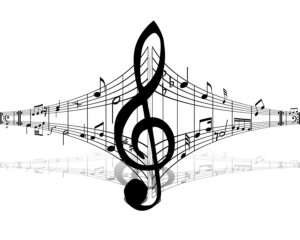The Up Side to Reading Notes on the Grand Staff
There are many great methods of learning music out there today. Some have very familiar names that most people who have picked up a violin have heard of. Some of the other methods might not be so common. Whichever method you choose, this blog is aimed at pointing out a few reasons that note reading on the grand staff is a great skill to master.
Sight Reading is Fun
A great reason to learn the notes on a staff is because that is how music is written! It is a language all its own, and if you want to read, like you would any other language, you need to know the notes. Those lines and spaces, such as “Every Good Boy Does Fine.” Are you unsure what that means? Ask a violin student, and they can probably tell you! Picking up a piece of music and being able to pick out the melody is exciting and fun!
Later Music Life Requires Reading Notes
It is so fun to start out with piano lessons. Everything is new and exciting. As you progress, you are going to need the skill of note reading. As you go into orchestra or band, you will rely heavily on the skill of reading music. If you have leaned only towards ear training, time to get out the flashcards and practice the notes on the grand staff. (“All Cows Eat Grass”-ring a bell??)
Reading Notes Helps Improvisation
Do you love to write your own stuff? Do you like to take the basics of some famous melody and then morph it to your own? Reading music notes is a great help in your improvisational dreams! When you know the notes on your piano, or can read the bass clef, you will be able to add your own feel to a bass line that might guide you in some good patterns for playing.
Bottom line is no matter what method or approach you take in your violin or piano lessons, reading the notes on a musical staff is going to be a life skill you won’t ever regret having!
